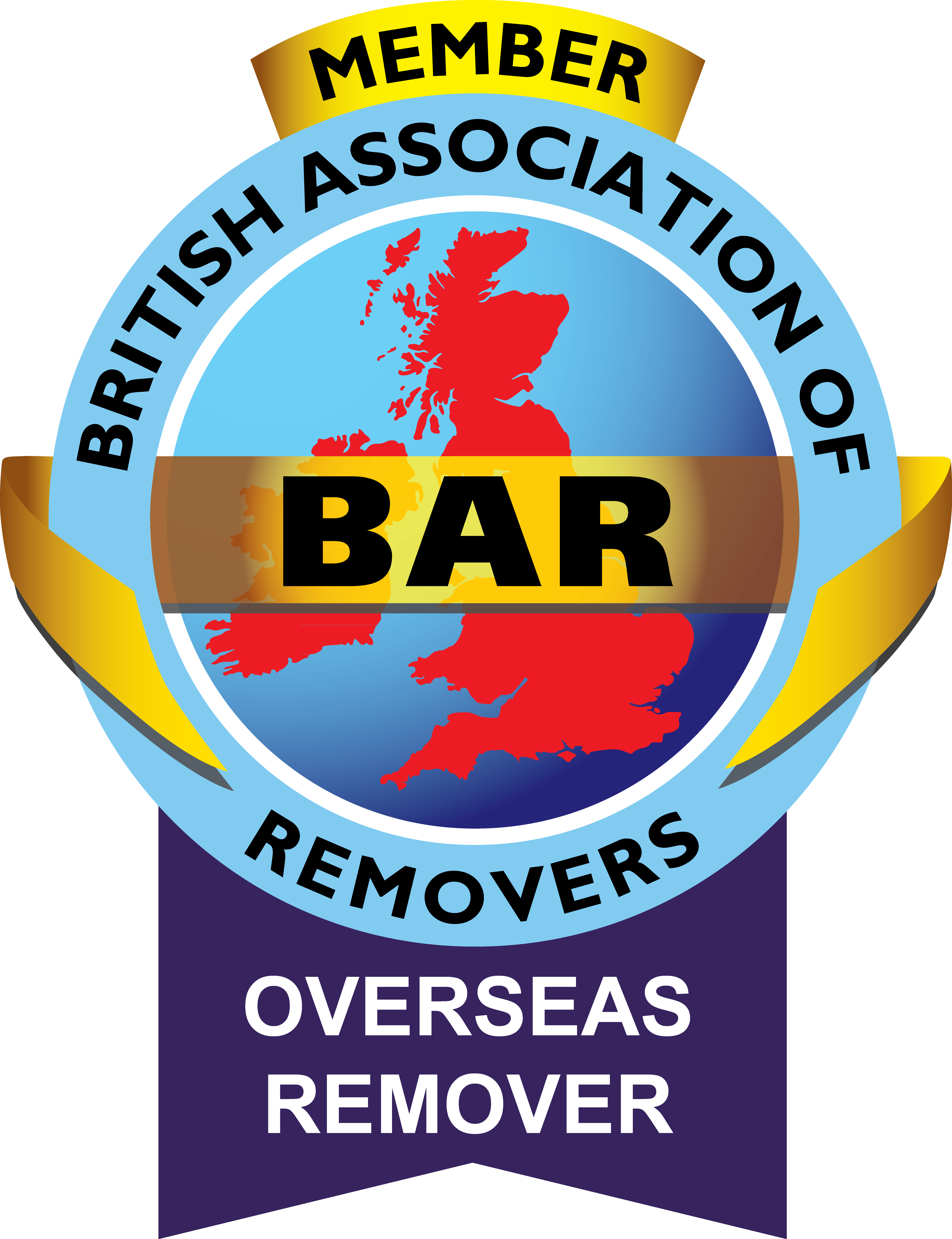
How to Relocate to Spain
If the sunny climate of Spain appeals to you then you may be one of nearly 400,000 Brits that opt to swap their rain macs and Sunday roast for espadrilles and paella on a permanent basis. As well as the promise of glorious weather and a slower pace of life, crime rates have dropped by a minimum of 3% in recent years and a stable, strong economy remains.
Although it is advisable to have enough funds to be financially secure without working for several months; Preparation is key, even if you are not planning on starting working immediately, it is advisable to send your CV to a reputable agency in Spain as early as possible.
To be legally employable in Spain you will need to obtain an NIE (Número de Identificacíon de Extranjero) and this can be applied for at your local police station, you will need a passport (and a photocopy), a number of passport photos and proof of residency to do so. You will be issued with a certificate that last 3 months, after this time period you can apply for your permanent card – although your NIW number will remain the same, you can apply for the initial certificate here.
A working day in Spain runs a little differently to the UK, it usually starts at 9am through to 1pm, with a long break during the afternoon, starting work again at around 4pm until 8pm. Salaries are lower than those in the UK, but the cost of living reflects this.
If you work in Spain, whether it is employed for self-employed basis, you will receive a Spanish state pension for your contributions to social security.
It’s worth noting that if you are of pension age, you will still receive your UK state pension whilst living in Spain, as long as you inform the Department for Work and Pensions and have completed an E121 form although please bear in mind that this will be taxable in Spain. If you have a private pension, its advisable to seek legal advice as you may experience high rates of tax because the definition of ‘annuity’ is Spain is…undefined. For further information on benefit entitlements whilst living in Spain, check the Gov.UK site.
Another vital aspect to plan before making your move if it is applicable is education. Whether you are looking at a Spanish or an international school, it is crucial that you have researched the local catchment area as these are strictly adhered too.
Education in Spain is compulsory between the ages of 6 and 16 and the education system is considered to be of a higher standard than many other countries in the EU, including the UK. All International schools in Spain are fee paying, follow the UK curriculum as well as offering the internationally recognised Baccalaureate diploma.
Spanish schools are free from pre-school age to 18, although payments for study materials, stationary and school trips are required.
If you are opting for a permanent move to Spain, you will need to secure a foreign identity card known as a ‘Número de Identidad de Extranjero’ and a residency card, ‘Tarjeta de Residencia’, this will need to be done within 3 months of your move. Again, the local police station will be the venue for your registration on the foreign Nationals register, where they will issue you with a registration certificate, certifying your residency as well as holding important information. If you have your NIE number already, you should provide it when registering, if not this registration will generate one. For further information on residency requirement in Spain, please click here.
When it comes to opening a local Spanish bank account, you may find that there is a minimum deposit requirement (typically around 1,200 euros). There are 2 types of banks in Spain – commercial banks (Bancos), these are most commonly used for current accounts, whilst savings accounts are held in Cajas, and these are comparable to buildings societies. To open a bank account you will need your passport, residency card and NIE number, it’s worth shopping around to get the best rates and account that meets your requirements, as the market is very competitive. Be sure to ask about the charges concerning transferring money to bank accounts held outside of Spain.
The Spanish healthcare system is highly commended, and for those that will not be working in Spain, to be treated at a local doctors surgery or hospital you must apply for a S1 form. If you are going to be working in Spain, you are as entitled as any other Spaniard and the form is no longer needed.
The physical move of your belongings is one that often causes high anxiety. Under Spanish law, EU citizens are not required to pay duty on household items that you bring into the country as long as you can prove that they have been in your possession for a minimum of 6 months. Your belongings must be imported within 3 months of you arriving in Spain, although a special permit can be obtained if the shipment will be later than this time period.
There is a number of documentation required to move your possessions; including your passport, a detailed inventory with values, a bill of lading and customs forms; we will be able to guide you through this and all other parts of the moving process in depth and with confidence, to make your move to Spain smooth and pain free.















